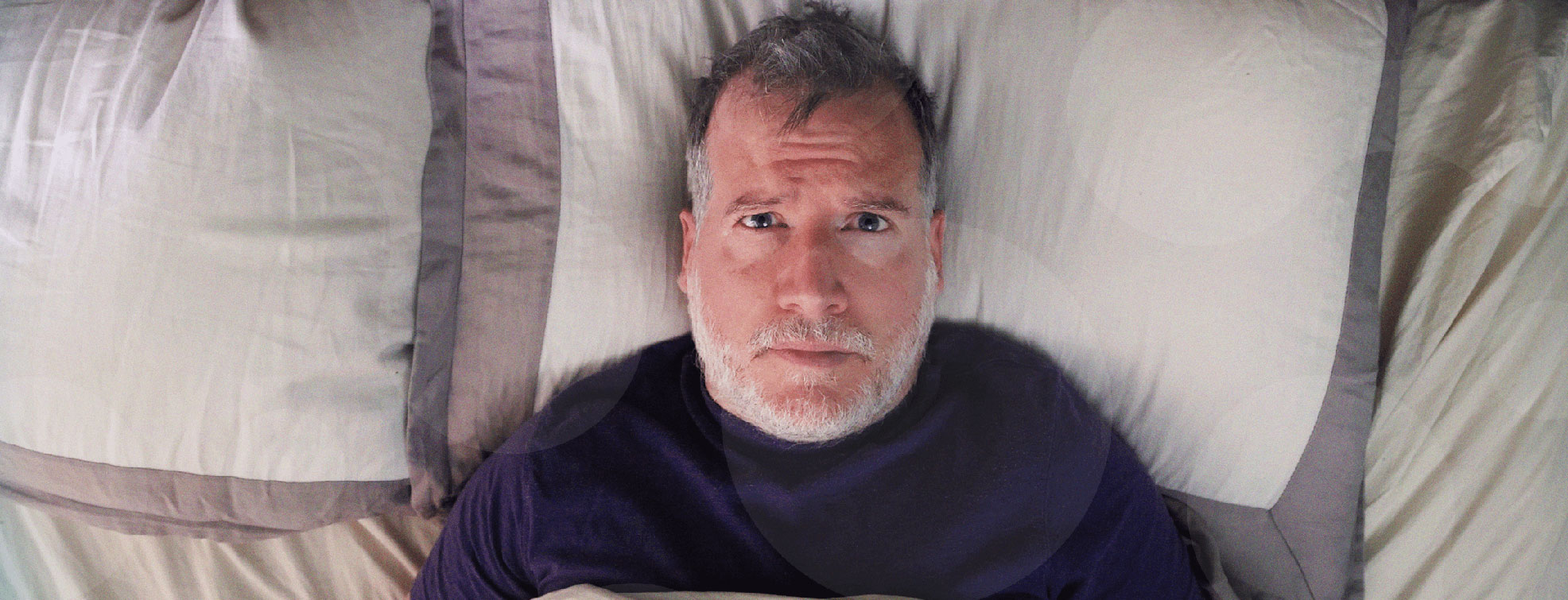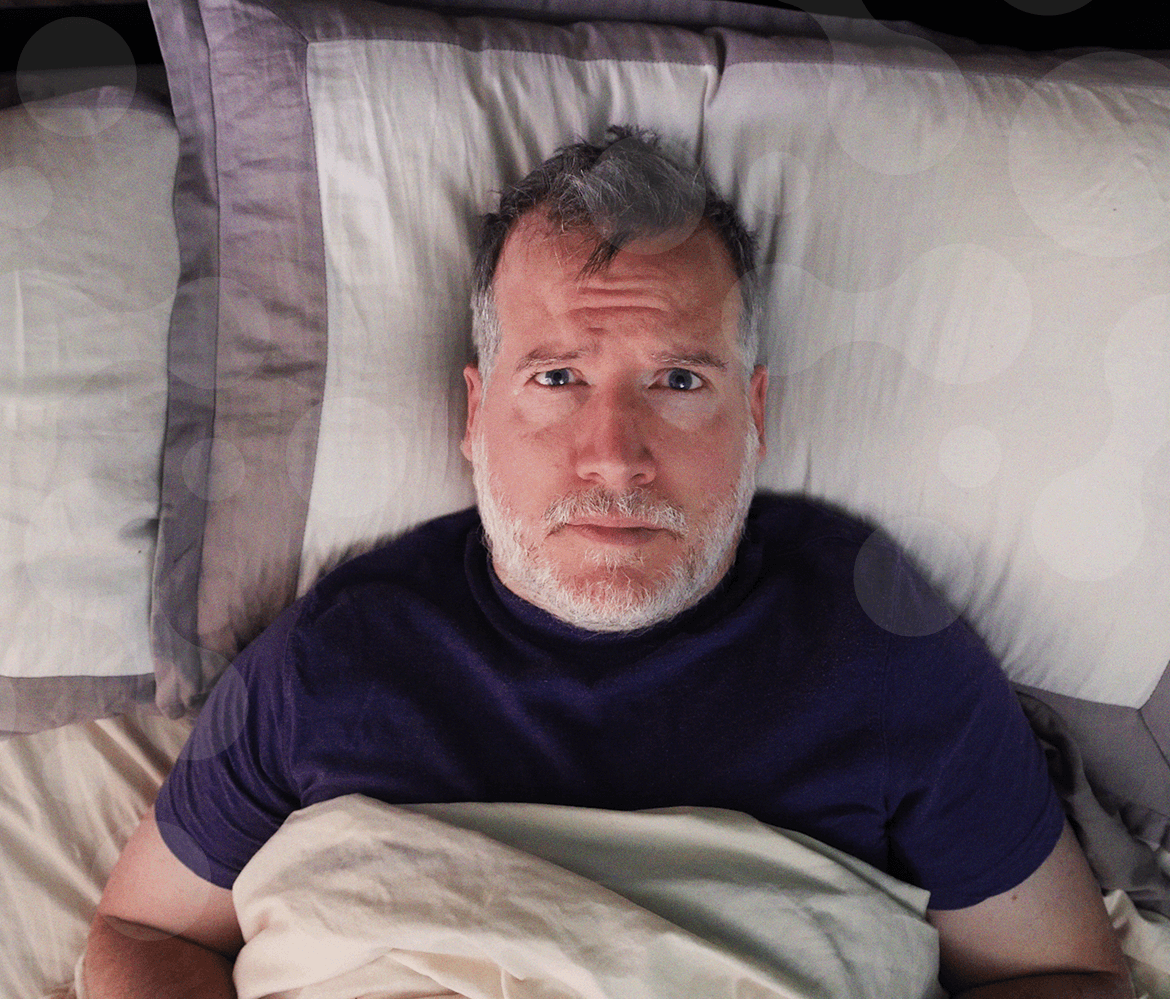Do I Have Sleep Apnea or Is It Just Insomnia?
While the relationship between insomnia and sleep apnea runs deep, they are two very exclusive medication conditions, with both having different symptoms and treatment plans. However, you may have sleep apnea, which can have very serious side effects if left untreated.
Sleep Apnea:
Sleep Apnea is a very common, but very serious sleep condition affecting over 3 million people each year. It is recognized as when a person’s breathing is interrupted, or stopped, during sleep. When left untreated people affected by sleep apnea and can stop breathing up to hundreds of times while sleeping. In more serious cases this can cause the body to not get enough oxygen, most notably the brain. There are two types of Apnea:
- Obstructive sleep apneais the most common form of apnea. It is caused by a blocking of the throat, this usually occurs when soft tissue in the back of the throat collapses and blocks the airway
- Central sleep apneais the brains failure to recognized a bodies signal to breathe due to instability in the respiratory control center of the brain
Risk Factors:
While everyone can be at risk of sleep apnea, even children, there are common risk factors involved with having apnea, they are:
- Being Male
- Being overweight
- Over the age of 40
- Having a large neck size (17 inches or greater in men and 16 inches or greater in women)
- Having large tonsils a large tongue or a small jaw bone
- Any family history of sleep apnea
- Nasal obstruction due to a deviated septum, allergies or any sinus problems
Symptoms:
- Waking up with a dry and or sore throat
- Extremely loud snoring
- Waking up with a choking or gasping sensation
- Lack of energy throughout the day
- Sleepiness
- Headaches in the morning
- Waking up several times throughout the night or insomnia.
- Forgetfulness
- Mood changes
Treatment:
There are a variety of forms to treating sleep apnea. They can be as simple as various lifestyle changes such as, losing weight, stopping smoking, avoiding alcohol, avoiding sleeping on back. However, there are more invasive surgical procedures:
- Nasal Surgery: Usually to correct problems such as a deviated septum.
- Uvulopalatopharyngoplasty: This is a procedure that removes the soft tissue at the back of the throat that has a risk of collapsing and blocking air flow.
- Mandibular maxillomandibular advancement surgery: Surgery to correct certain facial problems or throat obstructions that contribute to sleep apnea.
Some patients may be required to use a CPAP or a Continuous Positive Airway Pressure device. This is a treatment where a mask is worn while you sleep. It delivers a continuous flow of air into the nose. This helps keep the airways open so breathing while sleeping is regulated. This is the most common form of treatment for apnea sufferers.
Long term Affects:
It is very important to treat sleep apena, as it can have very serious physical side effects, which include:
- High blood pressure
- Stroke
- Heart failure, irregular heartbeats with heart attacks
- Diabetes
- Head aches
Mental side effects include:
- Depression
- Worsening of ADHD symptoms
If you have any signs of symptoms for sleep apnea please consult your doctor. Your doctor may then ask you to participate in a polysomnogram. This is a sleep test that can be performed either at home or a sleep disorder center.
Polysomnogram is a multiple-component test that electronically transmits and records specific physical activities while you sleep. The recordings are analyzed by a qualified sleep specialist to determine whether or not you have sleep apnea or another type of sleep disorder.




